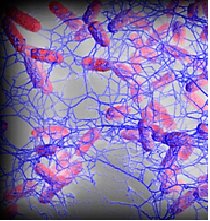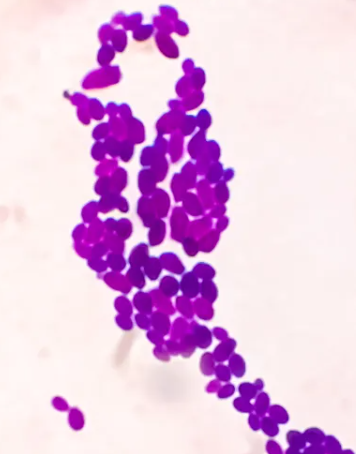A publication in the J. Food Protection, available March 22, 2025, entitled “A Systematic Review and Meta-Analysis of Chemical Sanitizer Efficacy Against Biofilms of Listeria monocytogenes, Salmonella enterica, and STEC on Food Processing Surfaces.” Chemical sanitizers are applied to food processing surfaces to inactivate bacterial pathogens. Pathogen type, surface type, sanitizer type, concentration, and contact time are important factors potentially impacting sanitation efficacy. A systematic literature review (SLR) and meta-analysis were conducted to evaluate chemical sanitizer efficacy against Listeria monocytogenes, Salmonella spp., and STEC within lab-generated biofilms on food contact surfaces (FCS). The overall estimated log reduction was 2.90. The multi-level mixed effects model estimated log reductions of 2.67 to 3.82 for peracetic acid (PAA), quaternary ammonium compounds, sodium hypochlorite, hydrogen peroxide+PAA, and calcium hypochlorite, with significant differences across sanitizers. No significant differences were found between L. monocytogenes and STEC; both pathogens were significantly different from Salmonella spp. No significant differences were found between surface types. Neither sanitizer concentration nor sanitizer contact time were found to be significant predictors of estimated mean log reduction. These findings highlight the importance of specific sanitizers and tailored approaches based on surface types and pathogen considerations. @ https://www.sciencedirect.com/science/article/pii/S0362028X2500047X?dgcid=raven_sd_aip_email




